Covenant
The Blinding Dark
Metropolis/Dependent
Few bands of their vintage can command both the respect and curiosity Covenant hold, now twenty-plus years into their career. Their pulsing electro sequences (and Eskil Simmonson’s voice) are unmistakable to this day, but rather than staying pat, the forever dapper Swedes have sought to hew new types of songs from the sounds they helped popularize. At times these experiments have segued smoothly with their established oeuvre (see Leaving Babylon), while at others they’ve struggled under the weight of their ambition (Skyshaper). Their tenth LP, The Blinding Dark, might contain their most radical experiments yet, and while a few fall flat, it’s interesting and occasionally bracing journey with a band keen to prove that their best work might still lie ahead.
Before we get too far into a discussion of The Blinding Dark‘s contents, a note about its track sequencing is necessary. The Dependent and Metropolis releases of the record have dramatically differing orderings of its songs, and the corresponding effect on our experiences with The Blinding Dark has not been insignificant. We were puzzled by the close ordering of interstitial and instrumental tracks on the Metropolis version, and tunes we’d overlooked on it almost seemed to come into their own on the Dependent sequencing, which felt far more unified. We’ll be using the Dependent sequencing as our reference point here, but we’d advise you to give at least one pass through each of the versions, if only to get a sense of how much difference track ordering can make.
After a brief intro, “I Close My Eyes” starts out just like so many great Covenant openers of the past (“Monochrome”, “Leaving Babylon”, “Like Tears In Rain”), with a simple but arresting synth sequence chained to an immediate, mid-tempo rhythm. Simmonson once again is tensely crooning out images of nature in upheaval, finding the personal reflected in the universal. A sudden shift from minor to major keys happens at the chorus, but rather than undoing the fatalism of the verses the chorus doubles down on it, cataloging the innumerable cruelties and inanities of modern life: “Squaring circles, cutting eyes / Hacking numbers, telling lies”. The track ends up wholly waxing rhapsodic at the end, closing with an extended bridge in which our narrator seeks to find some point of stability or reference from which to reckon with the realities he seemed so keen to face at the beginning of the song. Part immediate club track, part keening power ballad, “I Close My Eyes” feels like a synthesis of Northern Light‘s musculature and Skyshaper‘s hazy dreaming, but manages to hold together and offer the listener a good hint as to the range of sound and experience which lies ahead.
Crucially, it signals the mood of the the record, one of undramatic melancholia and rumination. That’s likely to be a make or break for a lot of listeners; those expecting a club banger to manifest at some point are going to be left wanting by the pensive mood of much of the proceedings. Indeed, the album’s major concessions to possible club play bring up the tempo but keep the temperament firmly wraithed in doubt and uncertainty. Pre-release single “Sound Mirrors” has the hallmark grandiosity of so many of Covenant’s classic club songs, but where the words “Listen to the sound of burning homes / Crashing down on shattered ground” might have played as a battlecry in the past, here it feels more like an appeal to the listener to stop and take note of their surroundings. “If I Give My Soul” ends up acting as a valuable release valve to all this contemplation, despite Eskil questioning the limits of some unknown subject’s commitment to him (Simmonson remains capable of injecting gravitas into a cliche like “Would you die for me?” by sheer force of personality) the song’s surprising use of electric bass and warm pads give it a sprightly, upbeat feel.
Where the album specifically expresses its own identity is in the number of interstitial songs and interludes included. Where they speak to the band’s lengthy history as pop experimentalists (look to any number of quirky single b-sides or Skyshaper‘s sprawling bonus CD for evidence), in the context of The Blinding Dark they feel more like orphaned bits of melody or sound design that might have been developed into full songs, or in the case of closer “Summon Your Spirit”, like a single idea dragged out to an unreasonable length. The fragmented, raw feeling of these tracks has all kinds of thematic value when taken with the album’s proper songs, but whether or not the listener will buy into that sort of experiential choice is questionable. That potential for disconnect between the record and the listener is embodied by an unlikely love-it-or-hate-it cover of Lee Hazlewood’s “Rider on a White Horse”. Where some will be tickled by the genre transposition and the winsome male and female duet vocals, others will be put off by the languid tempo and the deliberately loose synth tuning.
The Blinding Dark asks more of Covenant’s listeners than any previous album in their catalogue. The band have traded much of their immediacy for introspection, both lyrically and sonically, with the album’s worth to any given person hanging in the balance of their own investment in it. If nothing else, we can speak to our own experience, where multiple listens have revealed the charms of songs like the entrancing, recursive body music of “Cold Reading” and the regal synthwave of “Dies Irae”, causing us to reassess the album more than once since we first heard it some months back. We can’t help but admire the band’s sincerity: where a straightforward but ultimately hollow club record might have been an easier sell, Covenant have given us the choice whether to follow them into obscurity, seeking our own light to reveal the way.

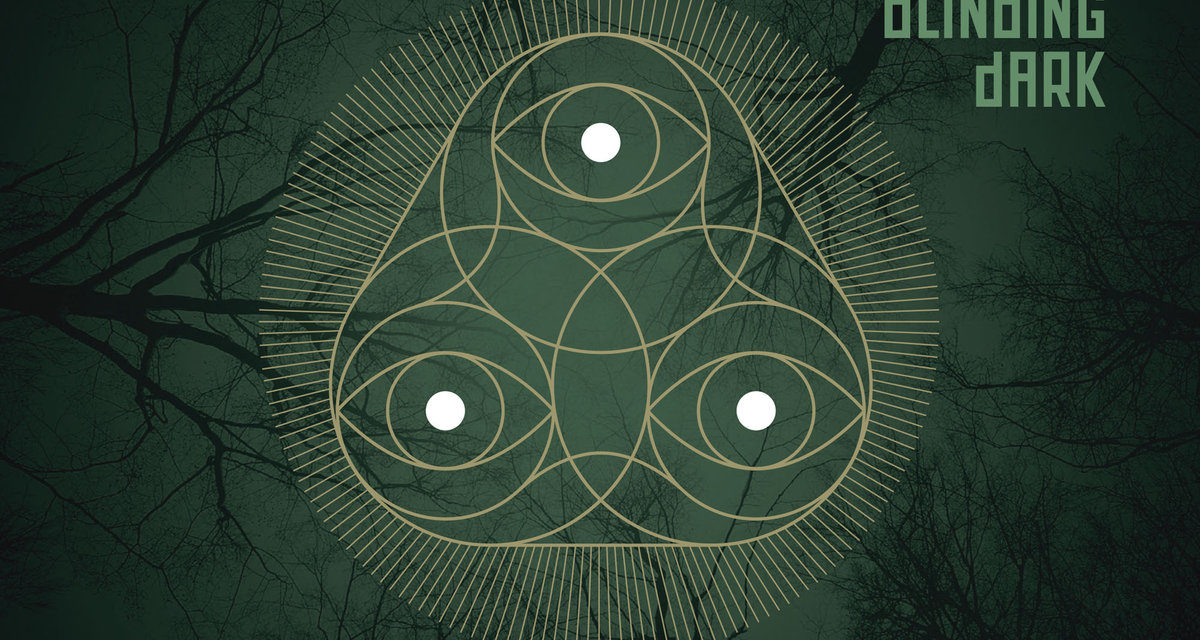
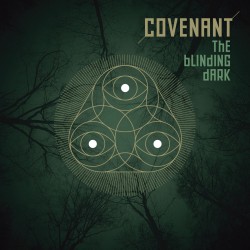
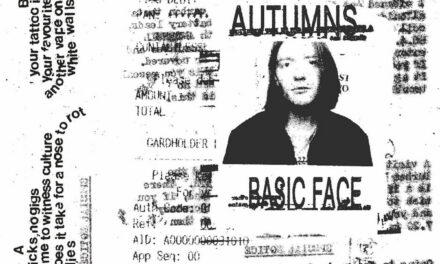
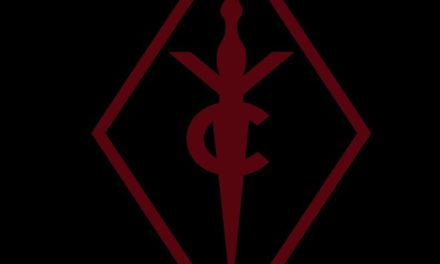
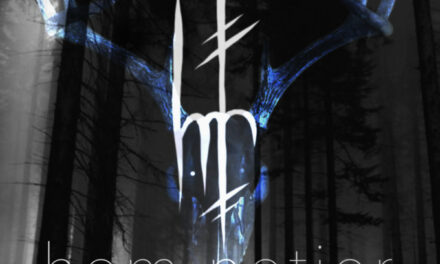

I’m still on the fence with this album. If you throw out all the interstitial tracks and that gawd-awful country remake, you’re left with only 6 proper songs. The album feels incomplete, and I have to wonder if Covenant’s personnel changes led to that.
That said, I quite like the 6 remaining songs, and I appreciate that Covenant is addressing current global events and going for a starker, moodier sound than just straight-up dancefloor fillers.
Album of the year.
I listened to the shortened Vinyl release which strips it down to eight tracks. I really liked this Morning Star and I Close My Eyes. The cover wasn’t the best, but an interesting sound to hear a duet like that.